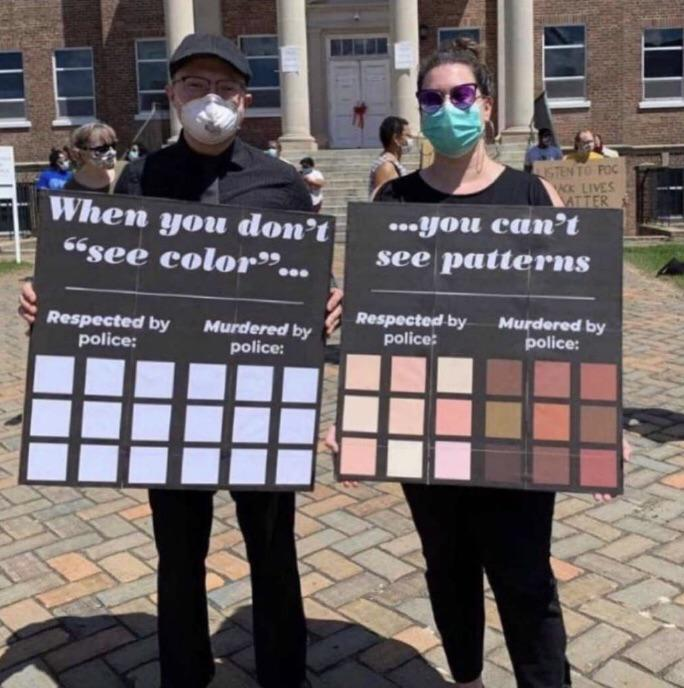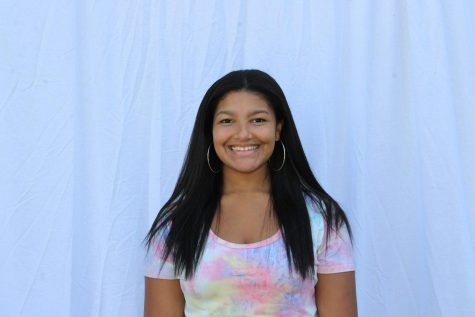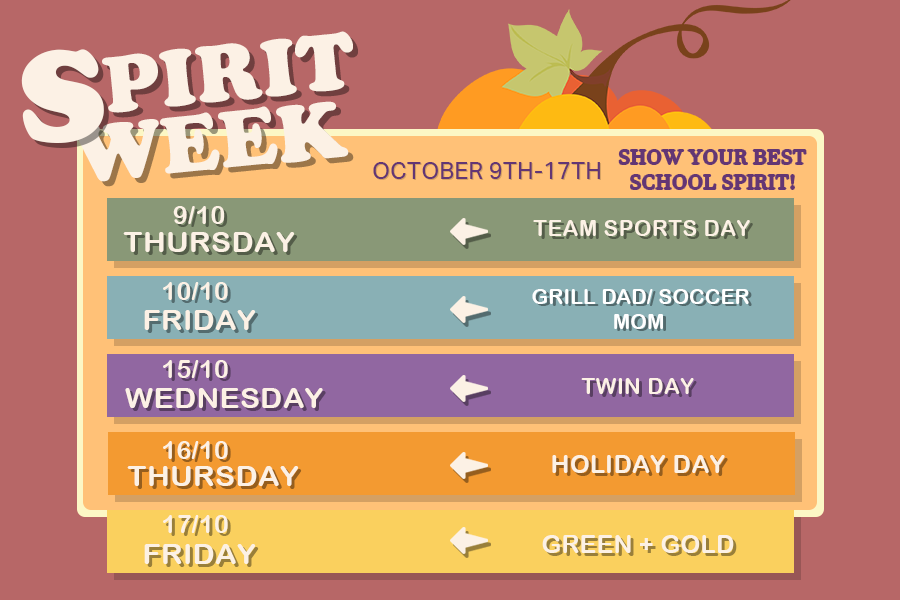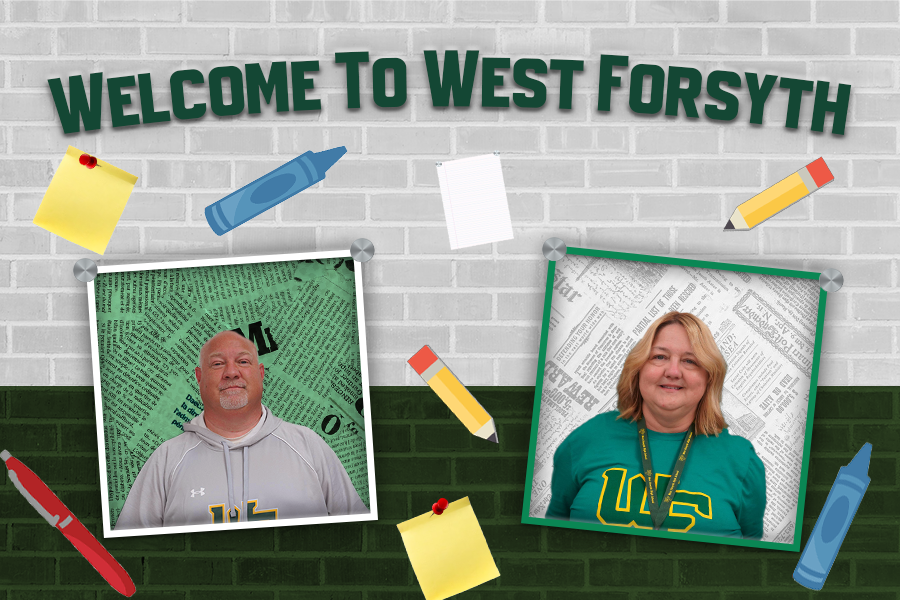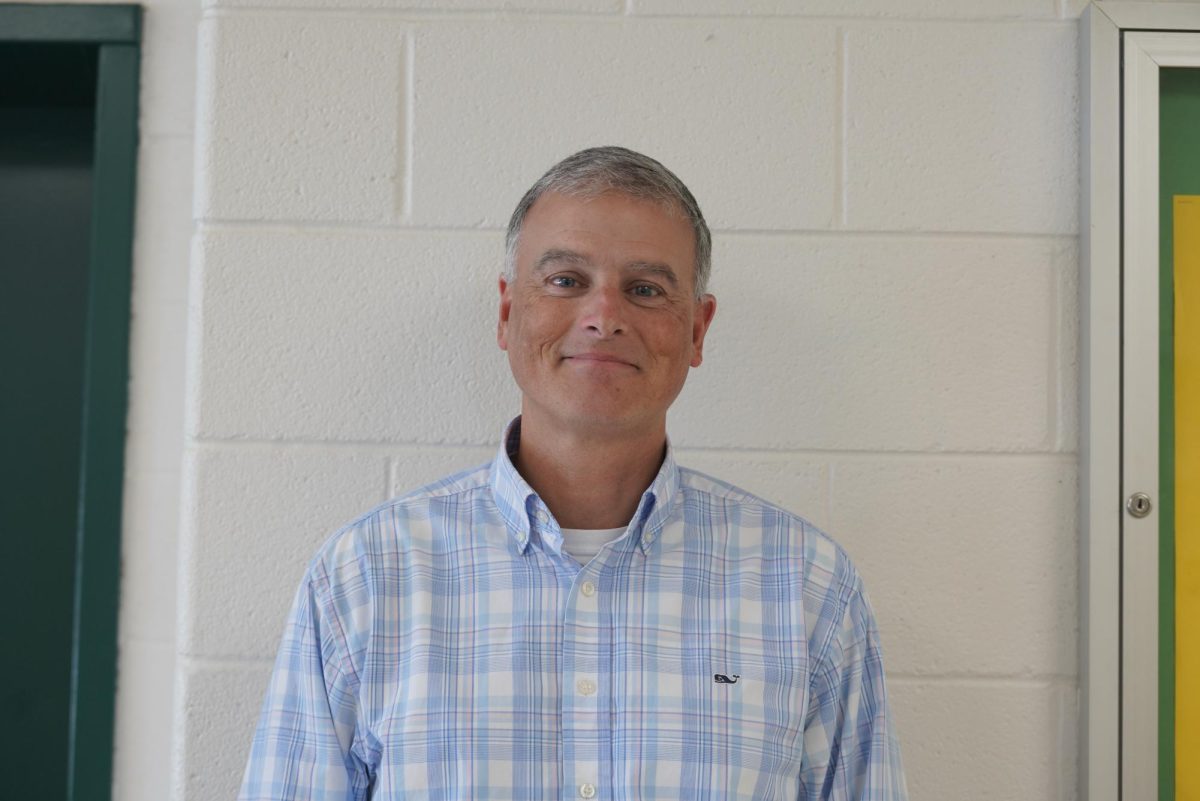Why you need to stop saying that you “don’t see color”
February 20, 2021
After the mainstream revival of the Black Lives Matter movement in 2020, it’s safe to say that many people will want to show their support during this year’s Black History Month. And while many non-Black people think of ways to honor our history and show that they stand with us amid all the horrific things that have happened over the past year, many people are saying a specific phrase: “I don’t see color, I see people”. While you yourself as a non-Black person may have said this, and it’s clear this statement only has good intentions, many people don’t know that it’s not actually that great of a phrase to say, especially to Black people. If you’re one of those people, here’s why you should stop saying “I don’t see color”.
Not seeing color also means you can’t see the patterns
While many statistics have proven that Black people are killed by the police at a significantly higher rate than any other race, some people found this hard to believe as 52% of white people were arrested with lethal force. However, while Black people were 32% more likely to be arrested with lethal force, their mortality rate was 2.8 times higher than white people according to the National Institute of Health. If you don’t see color, or actively choose to ignore color from a statistic, you’re unable to see the disproportionate patterns within some of the racial difficulties that black people face.
You can’t see your bias
While you may be someone who says you “don’t see color”, you may be inadvertently overlooking your bias. If you as a non-Black person don’t have more than one Black friend with differing views than you, you may be unconsciously biased towards Black people. Oftentimes, non-Black people tend to adopt a “token Black friend”, which is essentially a Black person who validates all their feelings and “proves” to them that they aren’t racist. That’s pretty much the only role that a Black person plays in that non-Black person’s life. The issue with this is that sometimes that Black people experience self-hatred or rejection from people in the Black community, so they seek validation from non-Black people and will agree with everything non-Black people say about Black people; so that they don’t lose their status as a “friend”. This just makes it so that non-Black people don’t see their bias in their everyday lives, such as who they trust, who they talk to at work, or how they react to one of their friends dating a Black person.
If you can’t see Blackness, then you can’t see our struggle.
Black people struggle every day with more than just being disproportionately killed by the police. We deal with underfunded schools in our communities, discrimination at work or school because of our hair, not being taken seriously by health care professionals, and many other microaggressions from being stereotyped, like we’re “all in gangs” or “gang-affiliated”, we have a “higher pain tolerance” and that we have “black privilege” to help us gain better jobs without “working as hard”. If you ask a non-Black person if they have ever experienced or felt every single thing mentioned above, they’ll say no. Most non-Black people seem surprised when you say that you feel like you’re experiencing some racism because in their head it doesn’t exist; you “don’t see color” so you subconsciously don’t see the struggle either.
If you’re a non-Black person and you do any of these things, the intention wasn’t to make you feel bad. The intention was to teach you why you shouldn’t say “I don’t see color”, and why most Black people will become blatantly uncomfortable when you say it. Black people know instantly what it means when someone says, “I don’t see color;” it means that “I don’t see patterns, I don’t see bias, I don’t see struggle.”


